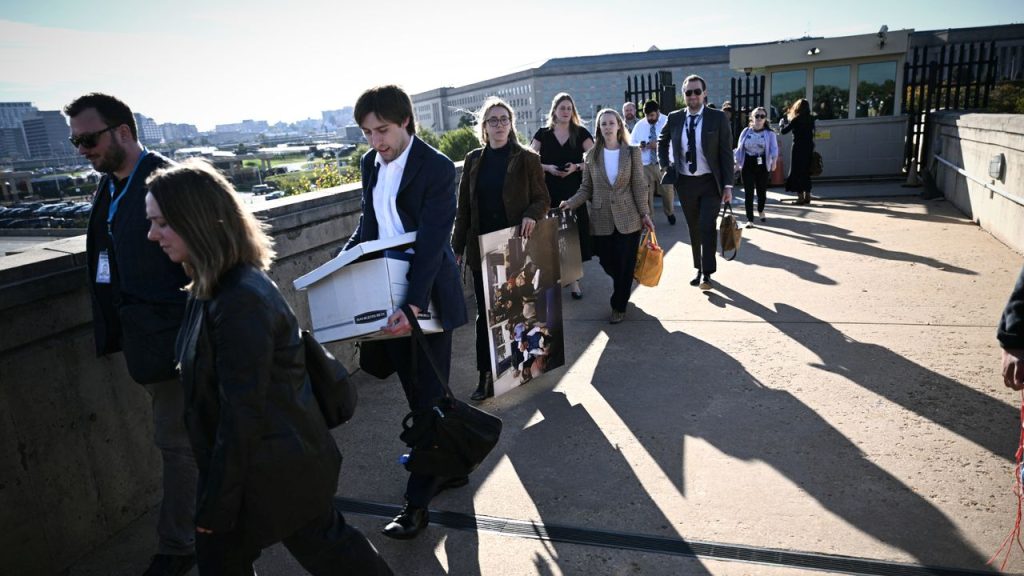What happened
Dozens of reporters covering the Pentagon cleared out their desks and turned in their access badges Wednesday after refusing to sign a restrictive new press policy imposed by Defense Secretary Pete Hegseth. Leaving the Pentagon press area after 18 years was “sad,” said The Atlantic’s Nancy Youssef, “but I’m also really proud of the press corps that we stuck together.”
Who said what
News organizations were “nearly unanimous” in rejecting the new rules, which would “leave journalists vulnerable to expulsion if they sought to report on information — classified or otherwise — that had not been approved by Hegseth for release,” The Associated Press said. “They want to spoon-feed information to the journalist, and that would be their story,” retired U.S. Gen. Jack Keane said on Fox News, Hegseth’s former employer and one of the outlets that rejected the restrictions. “That’s not journalism.”
Hegseth’s “sweeping restrictions” on press access were “orchestrated with advice from his longtime personal lawyer” Tim Parlatore, whose “dual status as a mid-ranking military officer” and Hegseth’s civilian “legal fixer” has “troubled some defense officials,” The Washington Post said. Pentagon officials “anticipate” legal challenges to the rules.
What next?
News organizations “vowed they’d continue robust coverage of the military,” though they will be doing so “further from the seat of its power,” the AP said. Military officials tipped off reporters because “they knew the American public deserved to know what’s going on,” NPR’s Tom Bowman said in an essay. “With no reporters able to ask questions,” it appears Hegseth and his team will “rely on slick social media posts, carefully orchestrated short videos and interviews with partisan commentators and podcasters.”
They refused to sign a restrictive new press policy imposed by Defense Secretary Pete Hegseth
